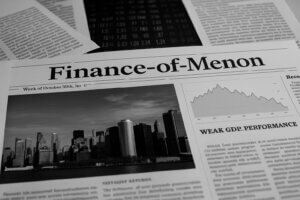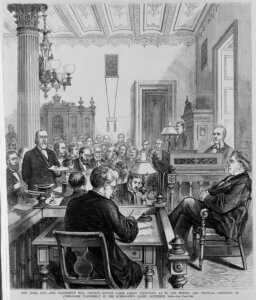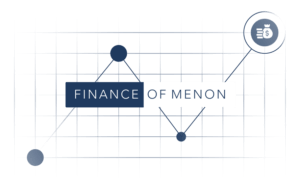When volatility strikes—whether triggered by global headlines, interest rate shocks, or geopolitical tension—the hardest part of investing isn’t analytical. It’s emotional.
The temptation to act quickly can feel justified. But more often than not, it erodes long-term returns. Understanding emotional discipline isn’t just a behavioral finance lesson—it’s a practical investment strategy. These are five of the most common emotional traps investors fall into, and how history shows us a better way forward.
1. Selling in a Panic
The sharpest market declines create the strongest urge to exit. But the worst days are rarely the right days to sell. In fact, doing nothing often outperforms any action you might take.
Jack Bogle, founder of Vanguard, famously said, “When your broker says, ‘Do something,’ just tell him, ‘Don’t do something, just stand there.’” That idea—what some call “masterly inactivity”—has deep historical roots. Roman general Fabius Maximus refused to engage Hannibal directly, waiting for the right moment. Muhammad Ali used the same rope-a-dope strategy to defeat George Foreman.
The data supports it too. During the 10 worst single-day drops in U.S. stock market history, spanning events like Black Monday (1987) to March 2020, the market was up in 7 out of the 10 following 10-day periods. The median rebound was 5.5%. Panic selling would have locked in the damage. Doing nothing would have led to recovery.
2. Overconfidence in Your Abilities
The belief that you can consistently outperform the market is both common and costly. A classic study by UC Davis professors Barber and Odean reviewed 66,000 brokerage accounts. The investors who traded most often underperformed the market by 6.5% annually.
Overconfidence leads to excessive trading, higher fees, and tax inefficiencies. The more you think you know, the more damage you may do. As Charley Ellis explained in Winning the Loser’s Game, most investors would be better served by simply buying and holding an index fund than trying to play like the pros.
3. Fear of Missing Out
FOMO is not a modern invention. In 1720, Isaac Newton made a fortune in the South Sea Company, sold at a profit, then watched the stock keep rising. Afraid he was missing out, he bought back in—right near the peak. The bubble popped. Newton lost the equivalent of millions.
His observation still holds: “I can calculate the motions of the heavenly bodies, but not the madness of people.” We saw it repeat with meme stocks like GameStop. Once you exit a position, looking back usually invites regret. Stick to your plan, not your emotions.
4. Confusing Correlation with Causation
Markets are full of noise. And often, the headlines connect dots that aren’t actually related. Take the 2021 Coca-Cola drop. Cristiano Ronaldo pushed two bottles off a press conference table. Headlines blamed him for a $4 billion loss in market value. But the truth? It was Coca-Cola’s ex-dividend date—a routine drop.
Another example: the Super Bowl Indicator. For a stretch of 22 years, when original NFL teams won, the stock market rose. It became a media talking point. But statistically, it was no more predictive than a coin toss. Seeing patterns where none exist can be dangerous. Smart investors separate storylines from substance.
5. Believing What You Want to Be True
In 1999, Mets owner Fred Wilpon structured a long-term annuity payout assuming an 8% risk-free return. Why? Because Bernie Madoff was delivering “steady” 14% returns. As we now know, Madoff’s operation was one of the biggest Ponzi schemes in history.
When something seems too good to be true, it usually is. Don’t let the desire for high returns blind you to risk. Emotional attachment to an outcome clouds judgment. Due diligence isn’t just for institutions—it’s for everyone.
Why Emotional Discipline Still Matters
In today’s market environment—where geopolitical risks, supply chain shifts, and policy uncertainty dominate the narrative—investors face more noise than ever. But if we can’t control the headlines, we can control our reactions.
The best investors aren’t the ones who eliminate emotion. They’re the ones who recognize it and prevent it from dictating their decisions. Emotional discipline may not feel like a competitive edge. But in volatile times, it might be your biggest one.
Disclaimer: Nothing here should be considered investment advice. All investments carry risks, including possible loss of principal and fluctuation in value. Finomenon Investments LLC cannot guarantee future financial results.






